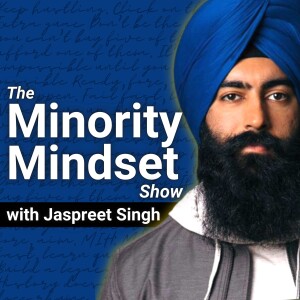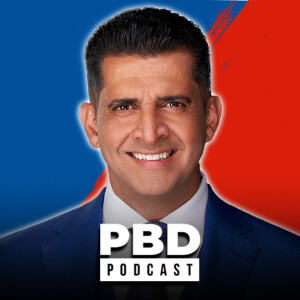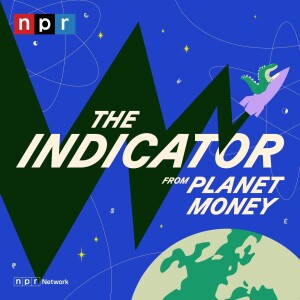Laura Berland and Evan Harrel, The Center for Compassionate Leadership
Laura and Evan run The Center for Compassionate Leadership in New York (www.centerforcompassionateleadership.org).
The Center is the culmination of Laura’s life’s work. For 40 years, she worked for tech and media companies in both the commercial and non-profit world. For the first 20 years she had a traditional career path and chased the American Dream. It was a personal trauma in 2000 that caused her to “come off the overwhelm… and settle into an inner journey.”
For the following one and a half decades her contemplative practices were separate from her business life, albeit in time she came to recognise that meditation and yoga were benefitting her business leadership, and her relationships with friends and family. It was in 2016 that she decided to integrate her contemplative life with her business career.
Laura and Evan tested their work with PhD students at Cornell University and have since developed a number of routes to developing and sharing compassionate leadership around the globe. They look to integrate evidence-based practices (and there is a growing body of evidence) with contemplative wisdom.
There are four elements to their work: building a community, research to develop the understanding of compassionate leadership, thought leadership, and education and training. Their main goal at present is to provide a global hub for what are often isolated pockets of leaders who want to connect with their peers and grow together.
Laura and Evan see compassion as a process that is embedded into the everyday rather than something you keep in reserve to respond to specific events. Listening is a foundational skill for compassionate leaders. But awareness, connection, empathy, understanding, and a desire to take action are all essential and need to be practiced on a daily basis: research on the companies that responded to the Brisbane floods of 2011 showed that the most effective responses emanated from those that had engaged in compassion training in advance.
The Center’s model for compassionate leadership conceives of it as an “inside out” process. It starts with self-compassion, then compassion for others, and finally for the greater whole. The Center integrates a number of different practices into their training. Self-compassion practice examples include breath attention,posture and mindfulness. A practice called “Just Like Me”, designed to help individuals appreciate their common humanity, and address unconscious bias, is used in the work on compassion for others, while a practice called “Interconnectedness” is an example of a practice to help develop compassion for the greater whole.
Laura and Evan are working hard on the question of how organisations become communities of compassionate practice.
Compassionate leadership differs from our normal understanding of the ‘heroic leader’, but Evan would argue that compassionate leaders are authentic heroes. Traditional ‘heroic leaders’ tend to be rescuers or saviours, but the vulnerability, empathy, and willingness to relinquish control required to work compassionately demand heroic courage. Additionally, part of the bravery of a compassionate leader lies in her preparedness to surrender status and pride for humility.
Some businesses within the tech industry have bought into Compassionate Leadership, for example Google with Project Aristotle, and in the UK the NHS has a Compassionate Leadership initiative led by NHS Improvement and The Kings Fund. Many manufacturers have taken to it, however other industries have a long way to go. Laura’s view is that there are pockets of beautiful work happening but maybe “0.1 percent” of US businesses practice compassionate leadership.
Evan describes the first barrier to compassionate leadership as “our lizard brain”, our natural propensity for flight, fight or freeze when we are under duress. We have the ability to think differently courtesy of our mammalian brain but it’s only through mindfulness practice that we can find the space to intercept and calm our more primitive instincts and respond rather than react. The same lizard brain is responsible for the alarm we feel when we encounter people who are “different from us.” Finally, leadership and power are problematic, as explained by Dacher Keltner in his book “The Power Paradox.” And this is as much about the behaviour of the followers as it is about the leader. It’s very dangerous to start believing our own hype!
Laura has been inspired on her leadership journey by her grandparents, her father’s family having emigrated from Russia at the turn of 19th century and her mother’s family fleeing Europe during World War II. Both voyages demanded the ability to keep going in the face of considerable adversity.
Evan’s inspiration has been Professor Richie Davidson from the University of Wisconsin, who, Evan says, has undertaken his research in an integrated and humane way.
Both Laura and Evan exemplify the self-care that they encourage others to engage in. Both practice meditation and yoga, and Evan also runs. They both reflect and journal, and make self-care a priority.
The books that Laura and Evan would commend to aspiring leaders are Sharon Salzberg’s Real Love and Jim Collins’ Good to Great. Jim Collins’ Level 5 leader (professional will in service of the organisation and personal humility) captures much of what it takes to lead with compassion.
Laura’s advice to her 20-year old self would be “be awake, pay attention, be content with what is, and be present to the moment that you’re in.” Evan would tell himself to “question everything… most of what I thought I knew [at 20] has turned out not to be right.”
Both Evan and Laura are optimistic about the future. Evan says the only way for us to survive as a species is “by recognising our interconnectedness, and dealing with each other compassionately. It is the only choice.” All of the existential threats that we now face “can be overcome by understanding consciously what our condition is, and then responding in a way that recognises that every choice I make affects everyone else, and every choice they make affects me.”
More Episodes
All Episodes>>Create Your Podcast In Minutes
- Full-featured podcast site
- Unlimited storage and bandwidth
- Comprehensive podcast stats
- Distribute to Apple Podcasts, Spotify, and more
- Make money with your podcast











